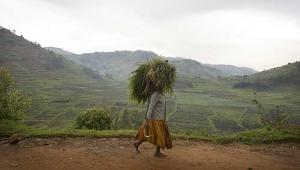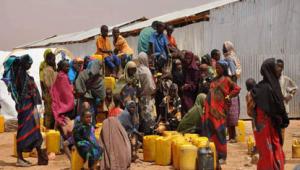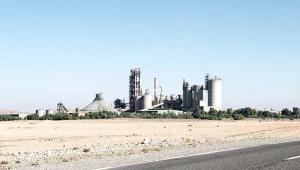The International Monetary Fund and World Bank announced this week that economic growth in the region remained strong, yet forecast a second successive year of subdued growth for 2015. Latest economic growth projections from the IMF, expects growth to reach 4.5% this year and 5.1% in 2016 in Sub-Saharan Africa, down 0.4% and 0.1% on its January predictions.
Instead, AfDB president Donald Kaberuka maintained his ‘bullish’ view that ‘Africa is still rising’, as he delivered a keynote speech at the IMF/World Bank spring conference in Washington today.
The president’s speech covered priorities for economic development in all African countries and outlined how he would position the AfDB to help this.
‘We are now in a place where it is possible to combine sound policies and private sector investment to provide a sweet spot for everyone,’ Kaberuka told an audience in the lecture hall at the Brookings Institute.
He said the bank would focus more on breaking down barriers to doing business in Africa, particularly overcoming infrastructure challenges. ‘We felt it was the biggest factor in the cost of doing business,’ he acknowledged.
Also, due to the size, diversity and depth of the continent, Kaberuka said another priority for the bank is to create a single market.
He said: ‘Whether it is power integration, highways, shared services, harmonisation of policies, or the free movement of people, we determined that for a continent as diverse as Africa, 54 countries, this is absolutely fundamental.’
After his talk, Kaberuka was quizzed on what could be done to improve the continent’s chances of responding to a crisis like Ebola successfully.
He said the bank would be acting in two major ways. First, AfDB is helping to strengthen primary health care in Africa and, second, supporting the creation of a centre that undertakes research on the prevention and treatment of infectious diseases.
However, Kaberuka cautioned there would be a third area for improvement and that would be the readiness of the global community to fight the next epidemic.
‘Ebola was a reflection of a weak healthcare system and a failure of the international system to handle a big epidemic,’ he said. ‘It was a disaster’








